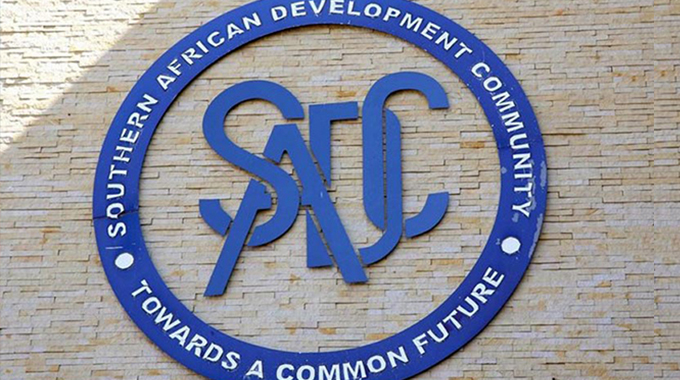The Chronicle

The European Union (EU) says it is available for constructive dialogue with Harare, a very positive response to Zimbabwe’s Engagement and Re-Engagement Policy.
Speaking after presenting his credentials to President Mnangagwa in Harare on Wednesday, EU Ambassador to Zimbabwe Mr Jobst Von Kirchmann, said the relations between Zimbabwe and the EU had thawed since the dawn of the Second Republic hence the block was available for constructive dialogue with Harare.
He said because of the country’s open door policy and the ongoing economic reforms, more investors will be coming from the EU which is also prepared to extend loans to the private sector.
“My mission here is targeting constructive dialogue with Zimbabwe. I said this today when the President said the EU no longer has sanctions on Zimbabwe which is making it possible for us to engage in trade. We are Zimbabwe’s fourth largest trading partner,” said Ambassador Kirchmann.
He said more investors are coming to Zimbabwe from the block and the latest are from France and Germany. Ambassador Kirchmann said the European Bank, the biggest bank in the world has opened a credit for the private sector.
We hope the Western countries still maintaining illegal sanctions on Zimbabwe will be guided by the EU which has realised that the sanctions are not justified. Zimbabwe has said it is committed to be a friend to all and an enemy to none hence there is no justification to continue maintaining the illegal sanctions.
The Western countries still pursuing a confrontational approach in relating with Zimbabwe should, as President Mnangagwa has said, turn a new leaf. The calls for unconditional removal of sanctions against Zimbabwe are becoming louder with each passing day.
Recently South African President Cyril Ramaphosa took the issue of the illegal sanctions against Zimbabwe direct to White House where he told the US President Joe Biden that the sanctions are adversely affecting the economies of the entire Sadc region.
President Ramaphosa who was on a State visit to the US, raised the issue of sanctions against Zimbabwe during his meeting with Mr Biden. The US and its allies imposed sanctions on Zimbabwe after the country implemented the land reform programme to correct the skewed land ownership which favoured the minority White farmers.
President Ramaphosa said during his meeting with Mr Biden, he made it clear that the sanctions were not only affecting Zimbabwe but the entire Sadc region.
 President Cyril Ramaphosa
President Cyril Ramaphosa“We argued that the sanctions that have been imposed on Zimbabwe have a collateral damage on us as South Africa in the sense that they weaken the Zimbabwean economy resulting in Zimbabweans leaving their country in droves going to neighbouring countries such as SA, Botswana and Namibia,” said President Ramaphosa.
At the just ended United Nations General Assembly (UNGA) many African leaders also called for the immediate removal of the sanctions which they said violate the country’s sovereignty and are a barrier to national development.
The leaders led by the African Union (AU) chairperson and Senegalese President Macky Sall, said the sanctions are worsening the economic and humanitarian situation in the country.
A United Nations special rapporteur on the negative impact of unilateral coercive measures on the enjoyment of human rights, Professor Alena Douhan who was in Zimbabwe last year on a fact finding mission, said in her report that the sanctions had exacerbated Zimbabwe’s economic and humanitarian crisis.
Sadc Heads of State and Government in 2019 proclaimed 25 October as a day of solidarity with the Zimbabwean people against sanctions. On this day member states engage in different activities to mark the Sadc Anti-Sanctions Day.

Sadc, the AU and the rest of the progressive world are agreed that illegal sanctions have had devastating effects on the lives of Zimbabweans.
Sadc has said the lifting of the sanctions will facilitate Zimbabwe’s socio-economic recovery and enable the country to meet its national and regional economic development plans as well as effectively manage its international obligations.
Zimbabwe has, as a result of the illegal sanctions, been finding it difficult to attract foreign direct investment (FDI) which is key in global rebuilding of economies. Apart from discouraging foreign investors from coming to Zimbabwe, the sanctions have seen many local companies failing to retool or get working capital.
It is a fact that the sanctions have not only affected Zimbabwe but the entire Sadc region.
Article Source: The Chronicle
